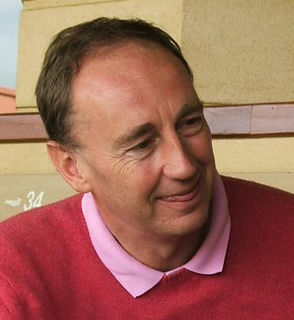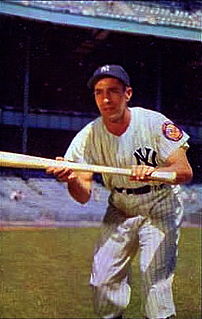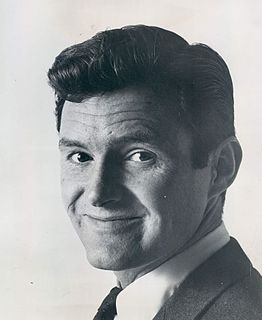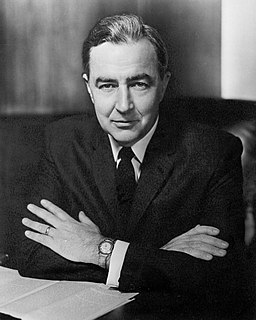A Quote by Alistair Cooke
When television came roaring in after the war (World War II) they did a little school survey asking children which they preferred and why - television or radio. And there was this 7-year-old boy who said he preferred radio "because the pictures were better.
Related Quotes
Books have survived television, radio, talking pictures, circulars (early magazines), dailies (early newspapers), Punch and Judy shows, and Shakespeare's plays. They have survived World War II, the Hundred Years' War, the Black Death, and the fall of the Roman Empire. They even survived the Dark Ages, when almost no one could read and each book had to be copied by hand. They aren't going to be killed off by the Internet.
Television and radio are what I call sequential media; they're not simultaneous media. With simultaneous media, you can scan your eye down an electronic or print page and pick among six or seven stories you might like and want to read. With television and radio, you have to wait until the guy's finished talking about the balloon boy, which I don't have the slightest interest in, to find out that all hell's broken loose in Baghdad. Because they've chosen that day to start with the balloon boy.
There is danger in the concentration of control in the television and radio networks, especially in the large television and radio stations; danger in the concentration of ownership in the press...and danger in the increasing concentration of selection by book publishers and reviewers and by the producers of radio and television programs.
I think in many ways, the Spanish Civil War was the first battle of World War II. After all, where else in the world at this point did you have Americans in uniform who were being bombed by Nazi planes four years before the U.S. entered World War II? Hitler and Mussolini jumped in on the side of Francisco Franco and his Spanish nationalists, sent them vast amounts of military aid, airplanes, tanks - and Mussolini sent 80,000 ground troops as well - because they wanted a sympathetic ally in power. So I think it really was the opening act of World War II.
I did television for a very long time, but if you're on television, words don't count. What the eye sees beats the words. If you switch sides, from radio to television, you learn that the wordiness that you learn on the radio is useless or not nearly as powerful, and you have to learn to trust that the eye will just beat the ear.

































